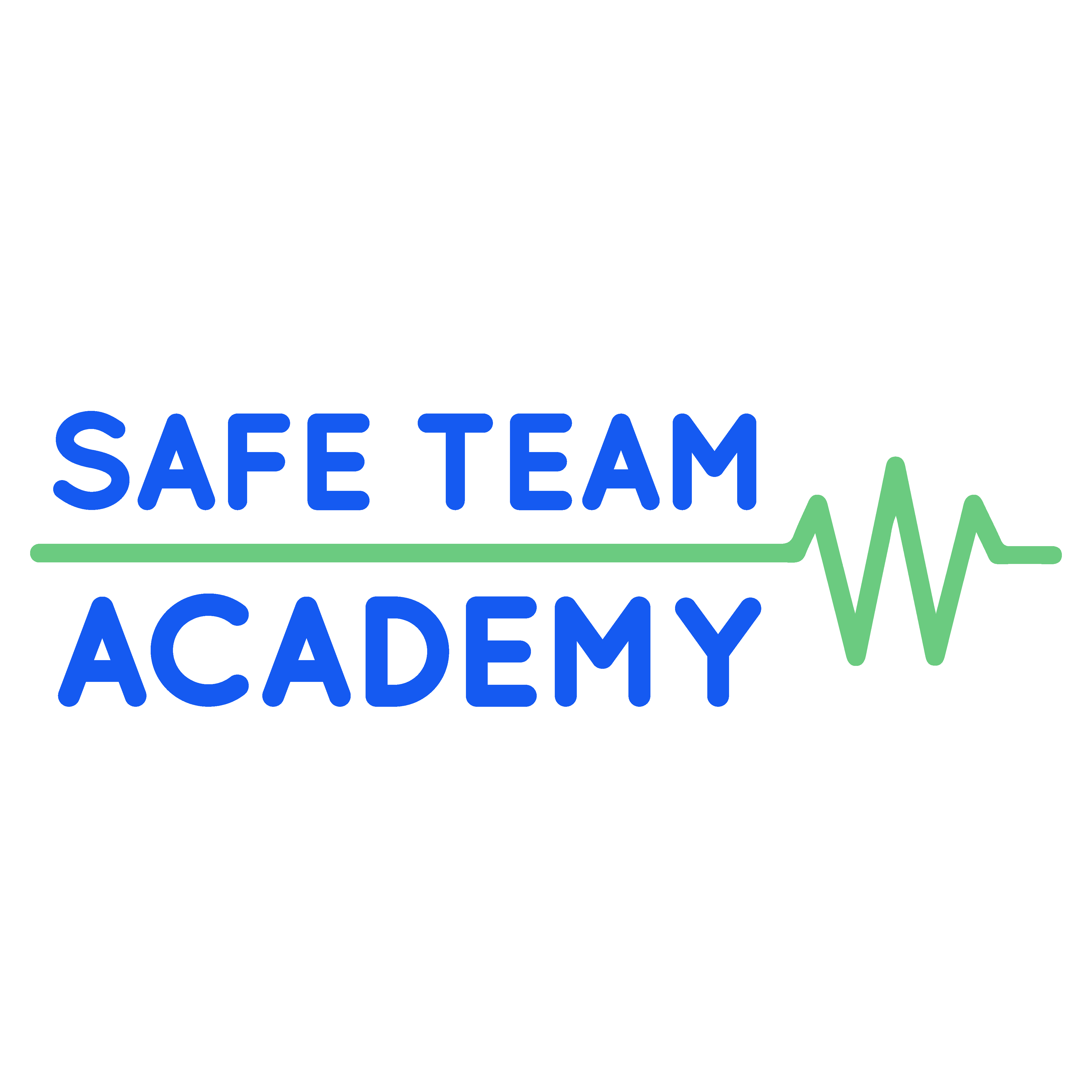In a context where the supply of training courses is increasing, the pursuit of pedagogical effectiveness has become a priority for anyone responsible for training their teams.
The primary goal of pedagogy concerns the transmission of knowledge and skills to learners. However, knowledge is not just about assimilating information. Following training, learners must be able to understand the information, interpret it, and also use it to solve a posed problem or improve practices.
To maximize the acquisition of knowledge and skills by learners, it is essential to define what pedagogical effectiveness really is.
Pedagogical effectiveness: an evaluation based on cognitive issues.
According to Le Robert dictionary, efficiency in its general sense corresponds to the ability to produce maximum results with minimum effort and expense.
In a pedagogical context, effectiveness is linked to the evaluation of the quality of learning achieved.
To implement an evaluation, it is necessary to integrate cognitive issues such as progress, information retention, or information transfer. These cognitive issues make it possible to emphasize the knowledge of the learners and the way in which they manifest this knowledge. It's about measuring learning.
In a pedagogical environment, progress corresponds to the extent of the increase in competence following training.
To evaluate this issue, it is essential to offer learners an evaluation before the training and an evaluation after the training in order to obtain a point of comparison on the results obtained. It is a question of validating the acquisition of expected skills or knowledge.
This upstream assessment also allows for an evaluation of the learners' needs in terms of skills and knowledge in order to validate whether or not they have been met following the training.
Information retention refers to the maintenance of skills development over time. For training to be effective, these benefits must be sustained over time.
To estimate this issue, it is important to evaluate the learners' skills several times after the training: immediately after, one month after, and one year after, for example.
Information transfer corresponds to the learners' ability to mobilize a skill in a new situation. To do this, during the training, learners must be confronted with various situations where they may be likely to put the acquired skill into practice.
To ensure pedagogical effectiveness and measure learning, directly involving learners is also a lever not to be neglected. It is necessary to question them about their commitment to the training and the skills acquired.
Qualiopi, a guarantee of pedagogical efficiency
Faced with the proliferation of pedagogical practices in the learning sector, the French State has set itself the objective of guaranteeing the quality of training provided by professional training organizations.
Since 2018, a single certification obligation has been created for providers of actions contributing to skills development and wishing to benefit from public or mutualized funds.
This unique certification is based on the national quality framework, which attests to a reinforced requirement and an obligation for training providers to be certified.
Thus, Qualiopi certification will ensure that the skills development service provider complies with and meets the requirements of the national quality standard. It certifies the monitoring of a quality process enabling access to public and joint funding.
A Qualiopi-certified training organization thus guarantees a certain level of quality and provides a performance index for the pedagogical effectiveness of training courses.
SafeTeam Academy and teaching effectiveness
SafeTeam Academy is a Qualiopi-certified training organization that takes into account the cognitive issues related to pedagogical effectiveness.
Throughout its training courses, the measurement of learning is highlighted. To do this, SafeTeam Academy offers pre-test assessments at the beginning of each course to assess the training needs of each learner.
Following video-immersive training, the learner takes another post-test assessment to validate the acquisition of skills or knowledge. This enables the learner to monitor his or her progress following the training course, by providing a point of comparison.
To assess the acquired skills of learners over time, SafeTeam Academy also offers team debriefings several months after the learners have completed the training. These debriefings also allow learners to be involved in the evaluation by questioning them about their commitment to the training and the skills acquired.
To ensure learners' ability to mobilize a skill in a new situation, SafeTeam Academy uses video simulation. Learners are immersed in simulated care situations in order to improve their non-technical skills and analyze their practices in various professional situations.
If you'd like to play your part in improving the reliability of care in your facilities, SafeTeam Academy training courses are for you!
To learn more, please email us at contact@safeteam.academy.
Bibliography for further reading:




